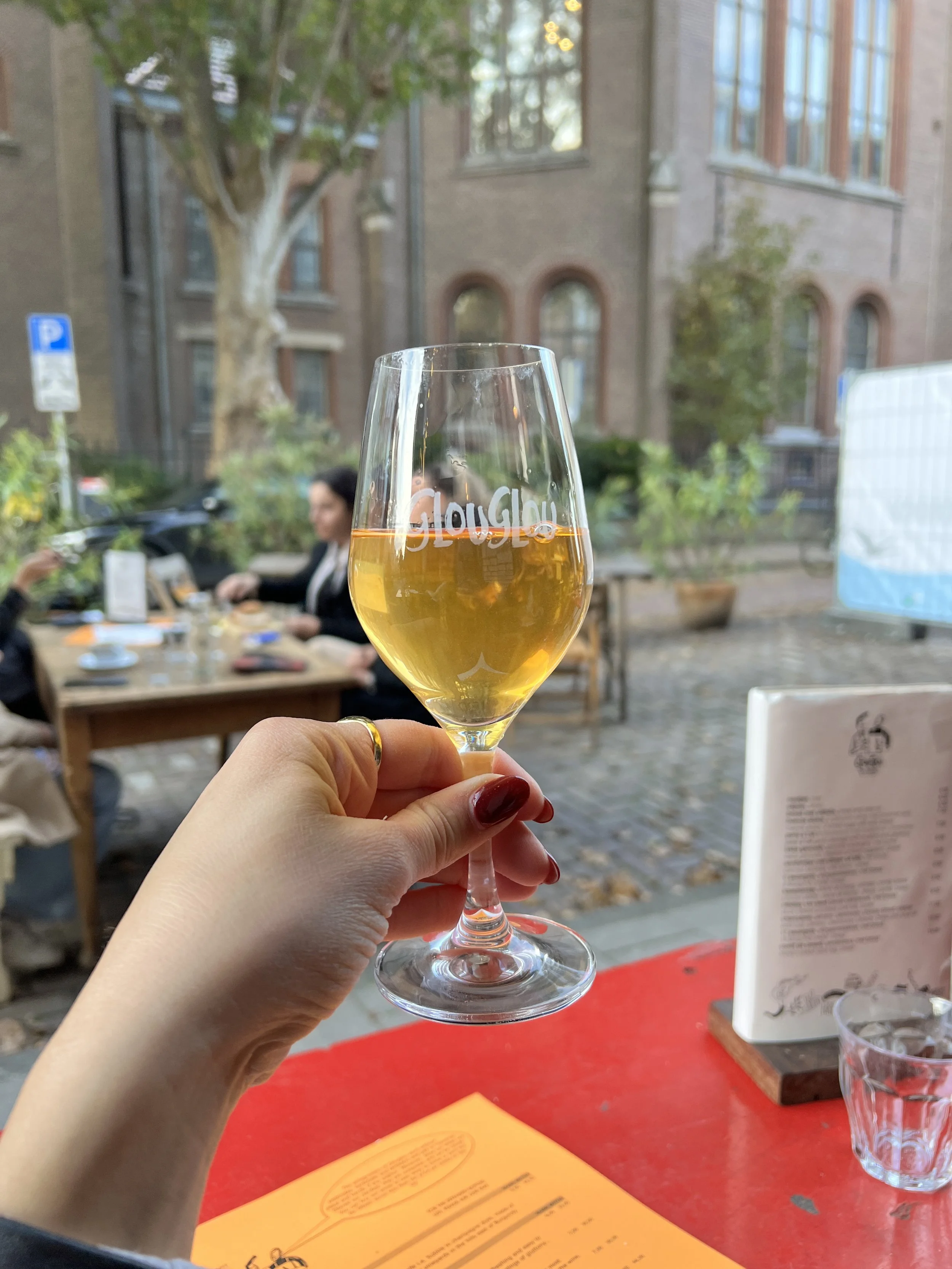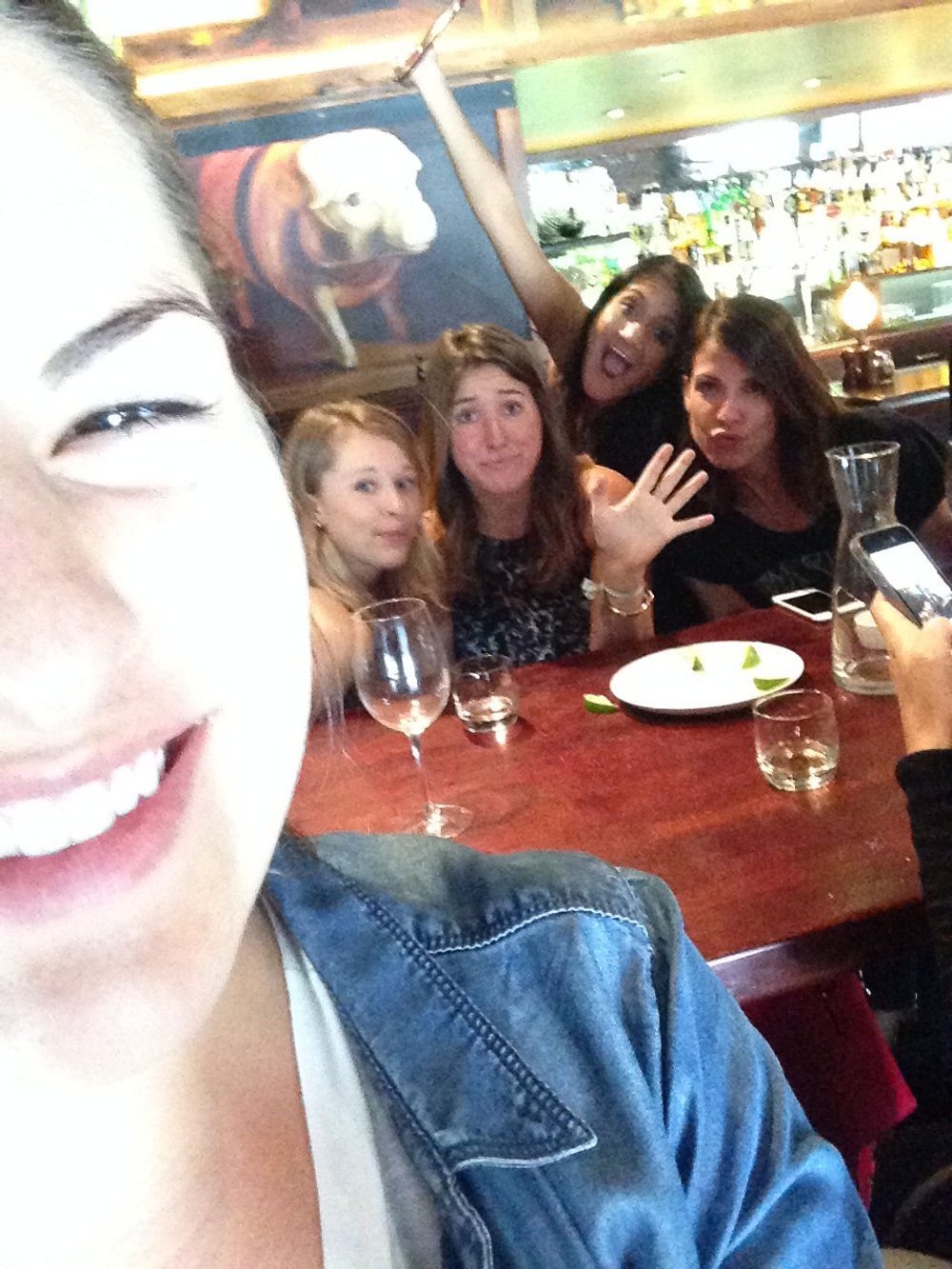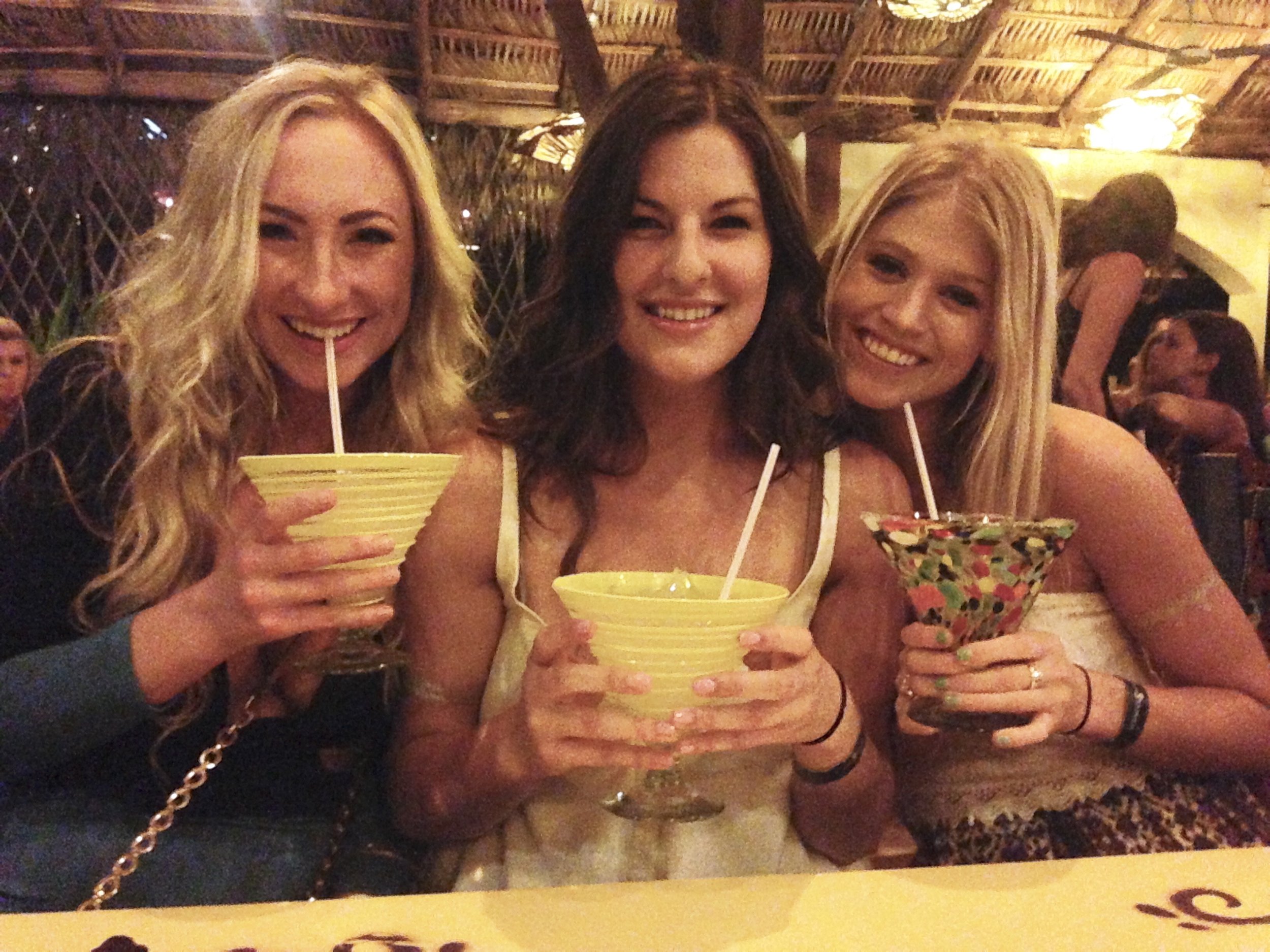Why It’s So Hard (For Me) to Quit Drinking
Editor’s note: This article is part of a four-part series on the author’s relationship with alcohol, with all three articles scheduled for release in “Dry January” 2023. If you haven’t yet, consider reading the first and second posts in the series.
I try not to be mad at myself. I know how bad drinking is for my body, mind, and culture; check out my last post if you’re not yet convinced of the same. And yet, I’m not ready to give it up. Why is that? Is that problematic? Let’s soul search together.
Why is it so hard to quit drinking?
Even when you start to grasp the destructive effects of alcohol on the body and your community, it’s still so hard to pull the plug on the habit. From what I’ve gathered, here’s why:
Alcohol is acceptable. Unlike cigarettes or marijuana, consumption of alcohol is widely normalized and accepted as a regular or occasional habit of a healthy adult. We're constantly bombarded with messages telling us that drinking is the key to a good time. Whether it's a sexy ad for Smirnoff or Euphoria showing pretty young people partying and drinking, we’ve been thoroughly impressed with the notion that drinking is just what (cool) people do.
Alcohol is accessible. For anyone over the age of 21, alcohol is available for purchase in stores, restaurants, bars, clubs, sporting events, musical performances, airports, airplanes, trains. It’s served at every social function, work event, and milestone celebration. We’re trained to reach for it at every celebration, bad day, or moment of leisure.
Alcohol is addictive. When you take your first sip of alcohol, your brain releases a neurotransmitter called dopamine, which gives you a feeling of pleasure. This encourages you to keep drinking, as you're seeking out that pleasurable feeling. Over time, your brain becomes dependent on alcohol to release dopamine, and you need to drink more and more to get the same effect. This can lead to addiction. As Holly Whitaker, author of Quit Like a Woman, puts it: “Alcohol is much cheaper and more readily available than mental healthcare.”
How I became the drinker I am today
Let’s look at how these three factors have played out in my own life. I grew up on a steady stream of hyper-feminized media that reinforced gender norms for my sex and filled my head with ideas about what “the good life” would look like for a cis, white, middle-class girl like myself. Think Legally Blonde, MTV, Gossip Girl. Somewhere along the way, it became desperately important for me to be thin, to have a cute and doting boyfriend, to be invited to things the cool kids were doing. I wanted to be the cool girl on TV, and the cool girl on TV went to parties, drank, hooked up with boys. She was always thin. When it came time to choose a place to go to college, I made sure the school I went to offered not just a top tier education, but a top tier good time, too.
I can imagine this attracts a large crowd to university Greek systems all over the US, and that’s exactly where I wanted to be my freshman year of college. I rushed and joined a sorority where I made the best friends of my life, but also embedded myself into a culture of glorified alcoholism. Upon graduation, I was thrust into yet another fully sanctioned space of excessive consumption: the corporate world and “happy hour” culture. My first job out of college was as an assistant to the director of an advertising sales department at a major media organization. The basis of her job was to attend meetings with important clients and solidify the business relationship. My job was to book the lunches or dinners or events and tag along to make sure everything went as planned. I was quickly introduced to the wonders of a corporate card, and the number of bottles of wine that can be classily consumed under its guise. That’s just the cost of doing business, right?
At this time in my life, I’d struggled with controlling my drinking at times, but I never worried that I was too far off from my peers. I remember walking into a therapist’s office when I was maybe 24, with the intention of getting help with my then-toxic and borderline-abusive relationship. When the conversation shifted to my drinking habits, I felt judged and offended when the therapist (rightly) implied that I was exhibiting symptoms of alcoholism. I scoffed at the 60-year old woman. Even with her PhD in psychotherapy and 30+ years of clinical practice, she couldn't possibly understand that my behavior was normal and justified within the context of my friends and the post-grad, big-city life. At the time, I wrote her off as “out of touch” and started looking for another therapist. I can't think of a stronger illustration for my overriding belief that my drinking behavior in high school, college, and post-grad years was “normal” and that “everyone was doing it.”
Because yeah, my friends like to drink! It should come as no surprise that I’ve gravitated toward people who behave like me over the years. You might even argue that I’ve gravitated toward people who will enable and encourage my drinking behaviors. Either way, most of my closest friends from college onwards have enjoyed drinking socially and some have even struggled with their own relationship to alcohol. There’s that saying: you are the five people you spend the most time with. If your top five is drinking, more than likely, so are you.
Giving ourselves grace
I try not to be too hard on myself. Our pliable little child minds grow up surrounded by messages that alcohol is the accompaniment to every situation. The minute you turn 21, and often years prior, alcohol is one of the most widely accessible products in the US. And having a few drinks makes our brain feel really good. So good that our brain craves that feeling when it’s gone.
It’s no wonder that I grew up and sought out places where drinking was prominent, where I made other friends who’d sought out similar experiences, and we drank a lot together, which normalized the habit for me. I see how I got here.
But how I got here won't help me get where I need to go, which is to get my drinking down to a healthy and sustainable level. I’ve learned a lot in the last few years; that’s coming up in my next post.
Up Next:




